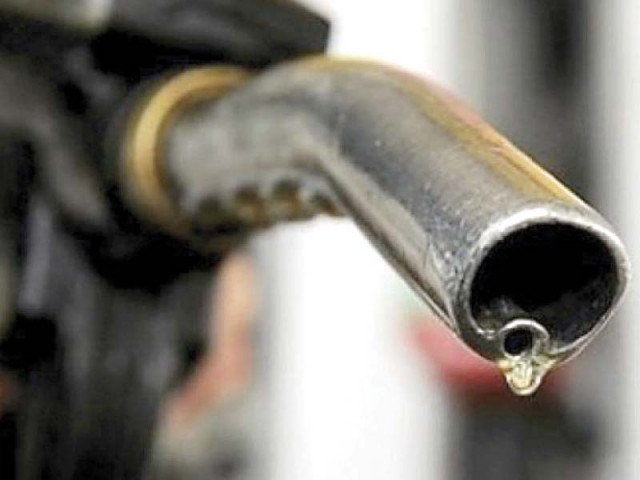Petroleum products: Oil industry blames HDIP for dubious testing
Ministry suggests second test should be conducted by an independent lab

In various instances, the sample of petroleum products was declared off-spec in the first test but the second sample was found on-spec, though both the samples were taken at the same time. PHOTO: FILE
The state-run Hydrocarbon Development Institute of Pakistan (HDIP) has failed to conduct satisfactory testing of imported oil shipments and that has led to delay in lifting of the cargo, burdening the consumers with hefty demurrage costs.
The Oil Companies Advisory Council (OCAC) - a body mainly comprising refining and marketing companies - made the disclosure to the Ministry of Petroleum and Natural Resources and sought permission for a third party to counter-check the test results.
At present, the quality of petroleum products imported by oil marketing companies and industrial consumers is tested by the HDIP in its Karachi laboratory prior to unloading of cargo. Samples for quality analysis are taken by the approved surveyors of OCAC in the presence of an HDIP representative according to prescribed procedures.
In case of a quality dispute, a second sample is tested by the HDIP in the presence of a nominated representative of the importer. Results of the second test are final and binding.
Read: Approved: Diesel sold by PSO meets quality standards, says HDIP
According to officials aware of the development, the Ministry of Petroleum has received a complaint from the OCAC against the tests conducted by the HDIP. In various instances, the sample was declared off-spec in the first test but the second sample was found on-spec, though both the samples were taken at the same time.
“This led to delay in the discharge of cargo from vessels and consequently unnecessary demurrages were incurred,” OCAC said and suggested that if the first test results were found unsatisfactory, the second sample should have been examined by some other independent laboratory.
The petroleum ministry also told the Economic Coordination Committee (ECC) that the proposal given by the oil industry was in line with Rule 38 of the Pakistan Petroleum (Refining, Blending and Marketing) Rules 1971, which is very clear about provision of more than one laboratory for testing. Accordingly, the ministry backed the proposal, which would lead to more transparency in the process of sampling and testing of imported petroleum products.
Read: Safety first: ‘Get your CNG kit tested every five years’
The ministry suggested to the ECC that in case of a dispute over product quality and if the first sample was found to be not up to the mark, the second sample would be tested by some other reputable laboratory approved by the Oil and Gas Regulatory Authority (Ogra) in the presence of a representative of the importer. The test results of the second sample will be final and binding.
Officials said the ministry was trying to streamline the process as it amounted to conflict of interest if the second test was conducted by the same department. They added it was a standard practice the world over that the second test was conducted by an independent and neutral laboratory.
Published in The Express Tribune, July 5th, 2015.
Like Business on Facebook, follow @TribuneBiz on Twitter to stay informed and join in the conversation.



















COMMENTS
Comments are moderated and generally will be posted if they are on-topic and not abusive.
For more information, please see our Comments FAQ